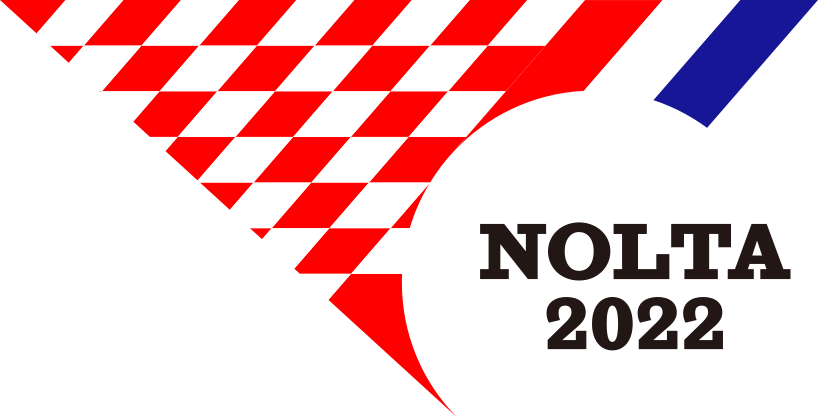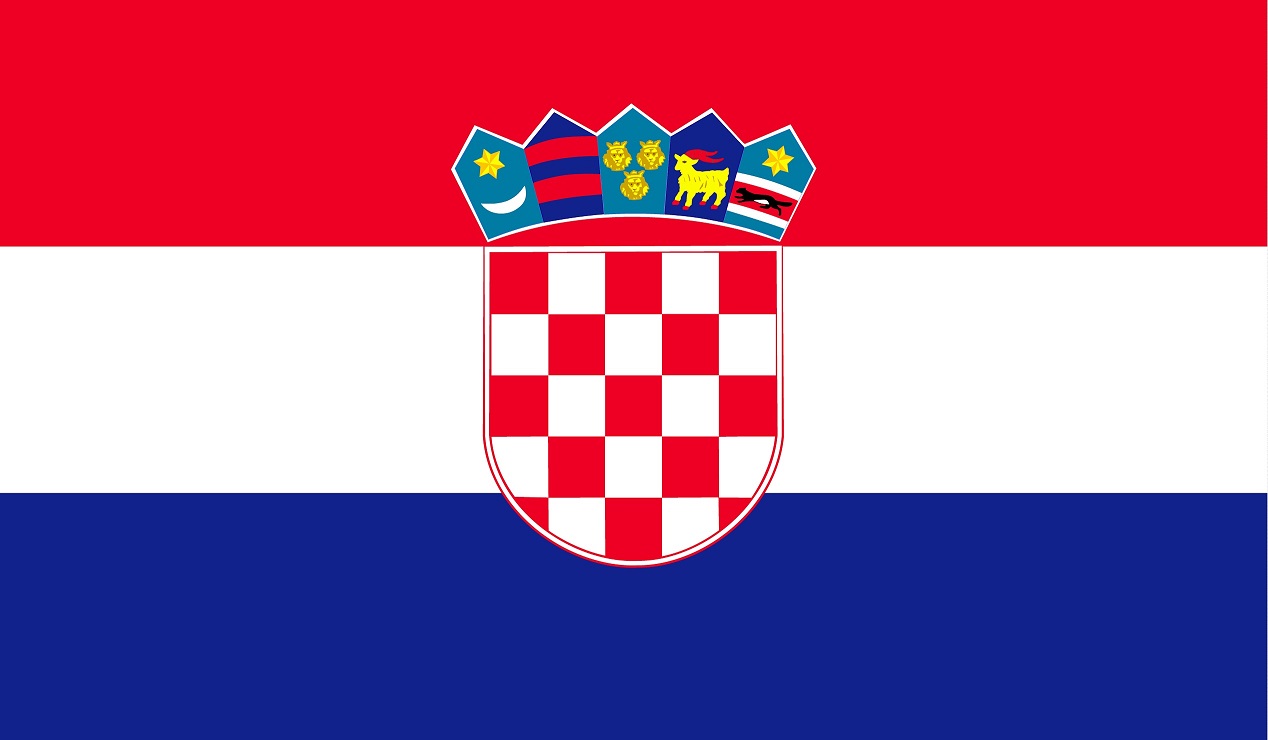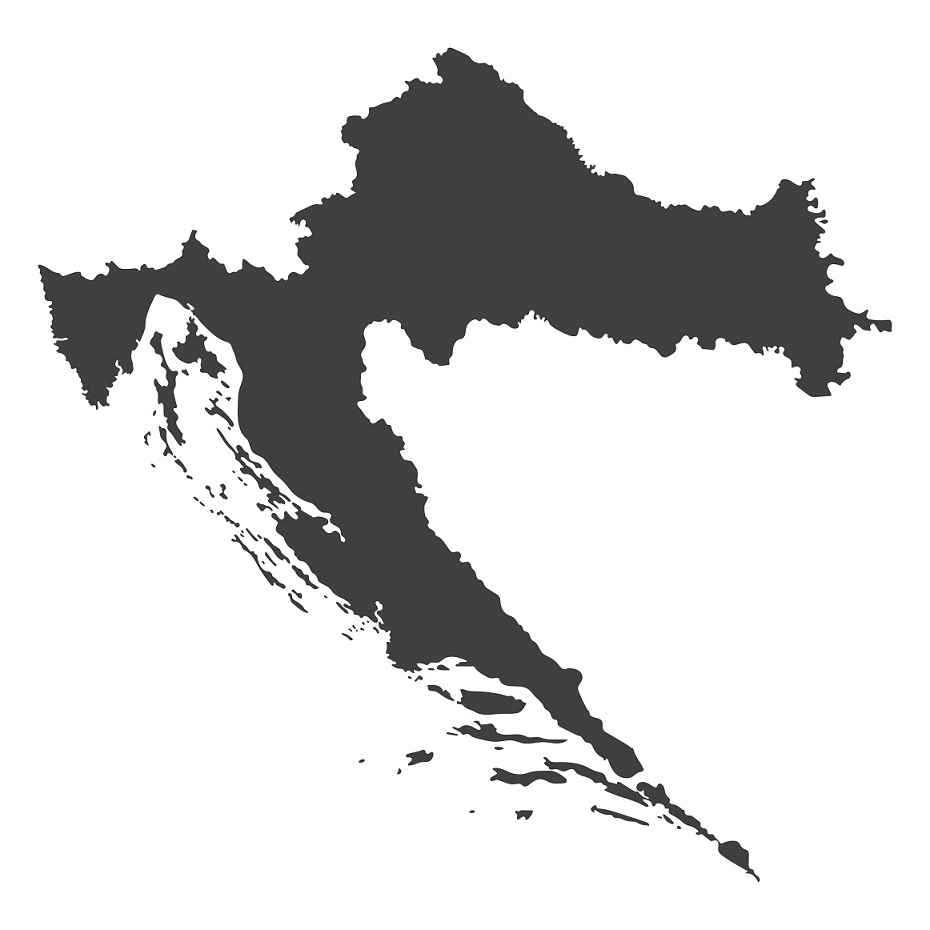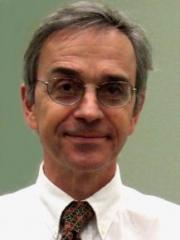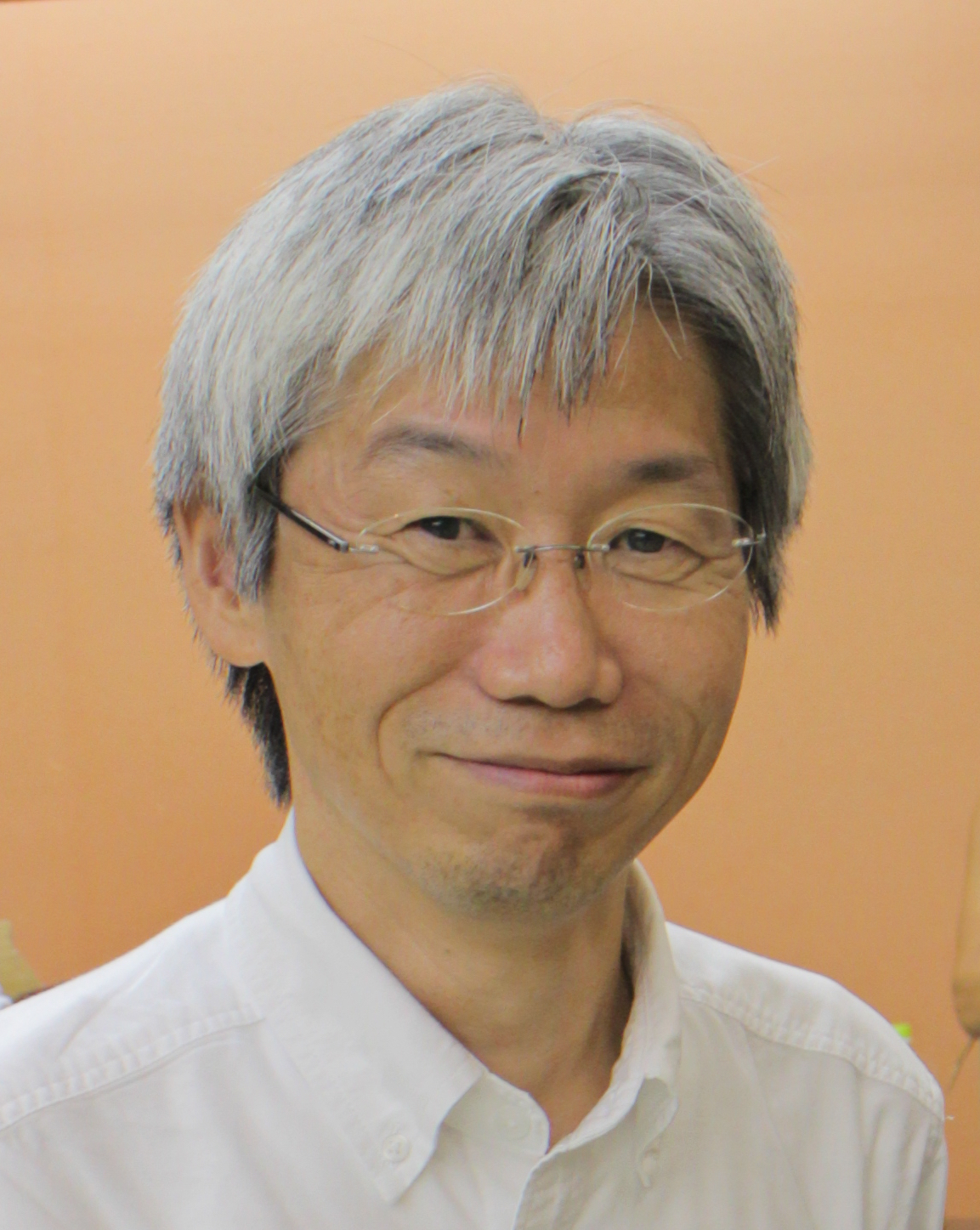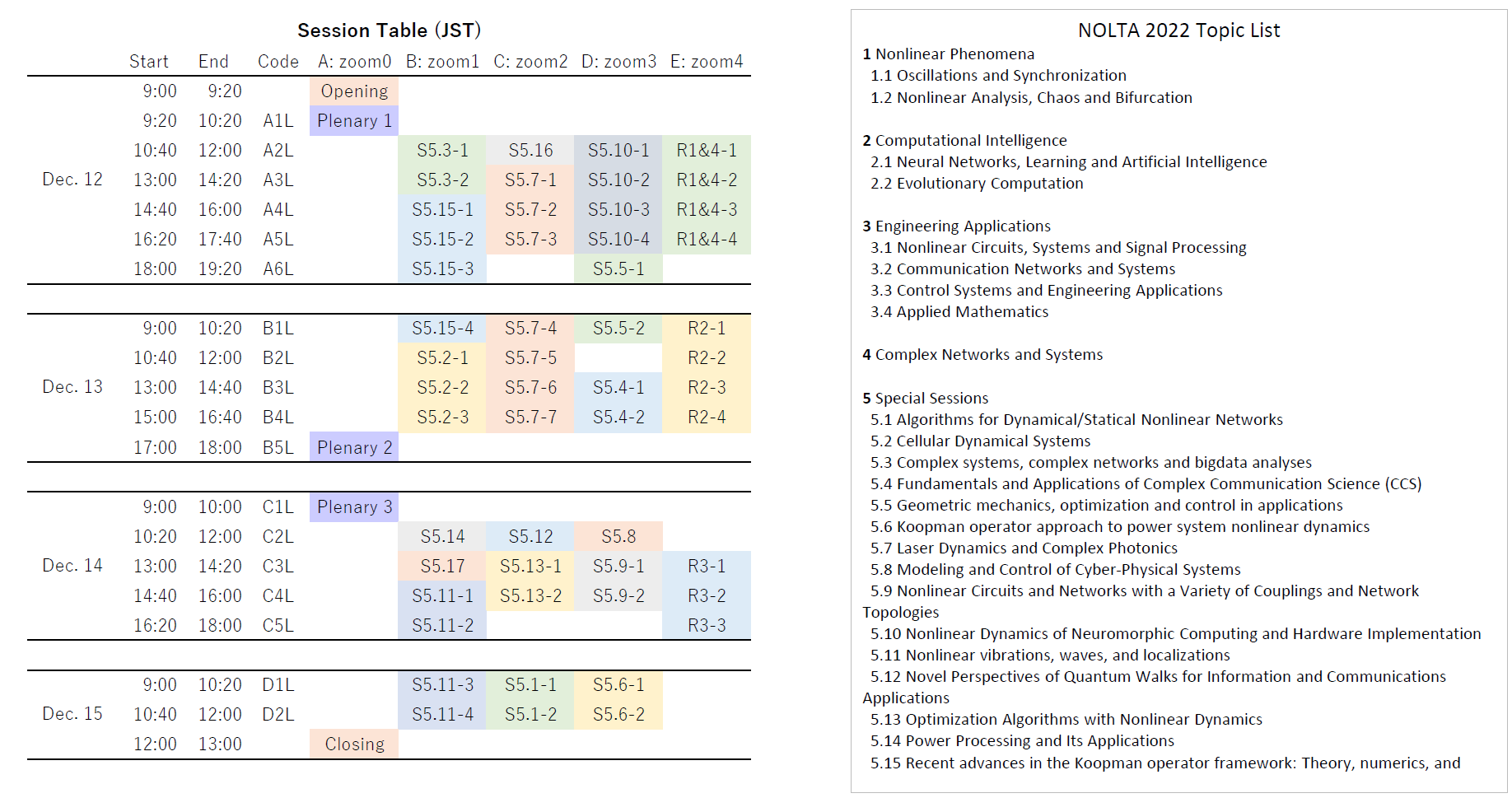Presentation Instruction
Special-Session Chairs, Organizers, and Speakers
Special-Sessions will take place during their scheduled times in a live and interactive format (using Zoom’s meeting format). Special-Session chairs, organizers, and speakers are required to enter their Zoom sessions 15 minutes in advance of the posted start time of the session to get set up. You will not be sent links to Zoom by email; simply enter the session in the virtual conference platform (you will simply enter the session by clicking the “Join the Zoom” button from the “Program” or “Timetable” within the virtual conference platform. For this, you need to log in to the platform) and identify yourself to the symposium staff as a chair or speaker. The symposium staff person will assist you with testing audio, video, and screen share capabilities. If an issue arises during the session, please report it in the chat, and you will be assisted immediately.
Session chairs will introduce each speaker. 14-15 minutes have been allotted for each talk, plus 3-4 minutes for questions. Determining a protocol for when and how questions are received and answered is the chair/organizer's responsibility. Please do not deviate from the schedule, even if a speaker finishes early.
Special-Session chairs and Special-Session speakers are responsible for adhering to the posted schedule.
Regular-Session Chairs and Speakers
Regular Sessions will take place during their scheduled times in a live and interactive format (using Zoom’s meeting format). Session chairs and contributed speakers are required to enter their Zoom sessions 15 minutes in advance of the posted start time of the session to get set up. You will not be sent links to Zoom by email; simply enter the session in the virtual conference platform (you will simply enter the session by clicking the “Join the Zoom” button from the “Program” or “Timetable” within the virtual conference platform. For this, you need to log in to the platform) and identify yourself to the symposium staff as a chair or speaker. The symposium staff person will assist you with testing audio, video, and screen share capabilities. If an issue arises during the session, please report it in the chat, and you will be assisted immediately.
Session chairs will introduce each speaker. The session chair is responsible for making sure that talks run on time. 14-15 minutes have been allotted for each talk, plus additional 3-4 minutes for questions. Session chairs should be prepared to moderate the Q&A period for each speaker. Please do not deviate from the schedule, even if a speaker finishes early.
Regular-Session chairs and Regular-Session speakers are responsible for adhering to the posted schedule.
